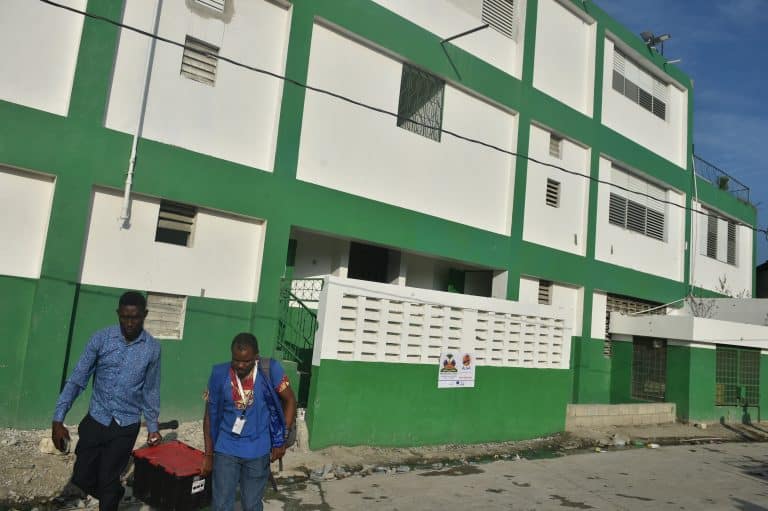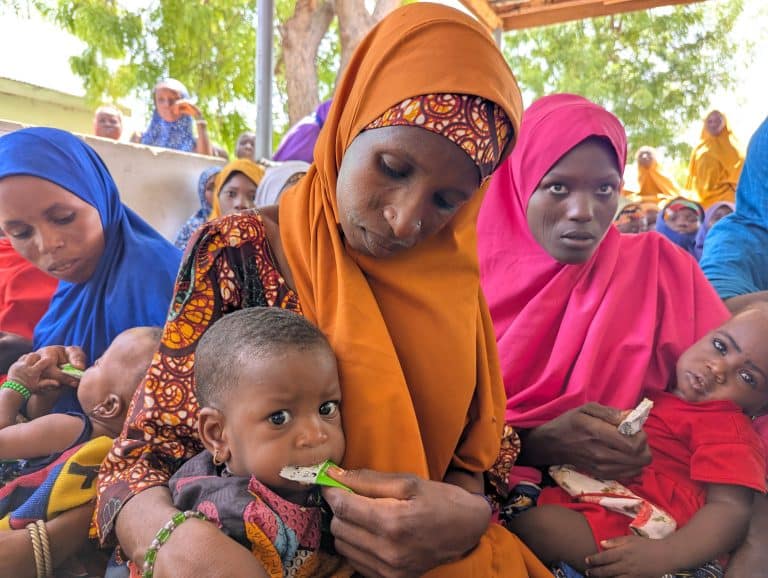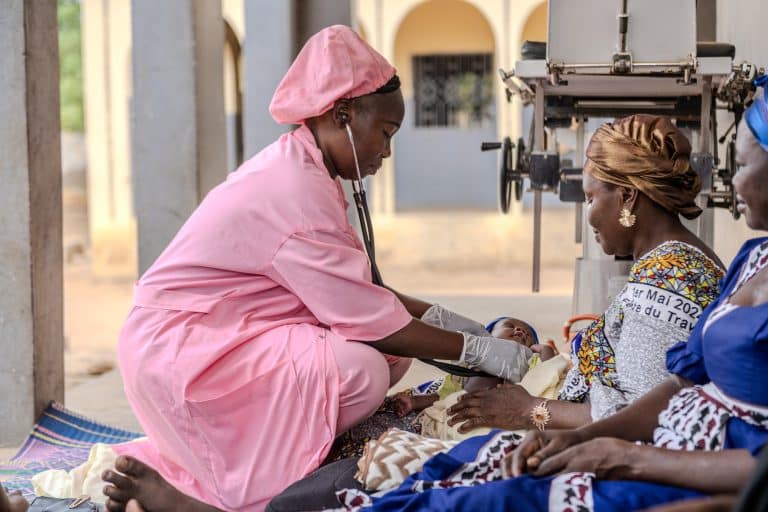Access to oxygen
- Pneumonia is the deadliest infectious disease worldwide, causing 2.5 million deaths annually, including nearly 700,000 children under 5 (WHO).
- Every 43 seconds, a person dies from pneumonia, a preventable and treatable disease (UNICEF).
- Oxygen therapy is a life-saving treatment for pneumonia and other respiratory conditions, yet millions of patients in Africa do not have access to it (UNITAID).
Limited access to oxygen in African healthcare facilities remains a major challenge, contributing to high mortality rates. ALIMA works to strengthen oxygen supply, ensuring that each patient can be treated efficiently, even in remote areas.
Humanitarian context and challenge
Unequal access to oxygen therapy
In many sub-Saharan African countries, access to medical oxygen is severely limited due to:
- Lack of reliable equipment and oxygen sources (failing production plants, supply shortages).
- Poor maintenance capacity of existing infrastructure, leading to service disruptions.
- Lack of healthcare professional training on the use and management of oxygen therapy.
💡 Why does this matter?
- Access to structured medical oxygen could drastically reduce these deaths.
- Strengthening oxygen production and distribution systems saves lives on a large scale.
📌 Over 1.3 million children with acute respiratory infections have been treated by ALIMA since 2019.
➡️ To address these challenges, ALIMA is implementing appropriate solutions to ensure sustainable access to medical oxygen.
ALIMA’s action
💡How does ALIMA improve access to medical oxygen?
Through the Breath for All project, funded by Unitaid, ALIMA is strengthening access to oxygen in four sub-Saharan African countries: Burkina Faso, Mali, Guinea, and Sudan.
🎯 The goal is to ensure a sustainable supply of medical oxygen at all three levels of the health system (hospitals, health centers, and community care facilities).
🔹Infrastructure reinforcement and oxygen production
Rehabilitating oxygen production plants
- ALIMA restores and upgrades non-functional oxygen plants in major hospitals, in collaboration with Build Health International (BHI).
- This prevents oxygen shortages and allows patients to be treated more quickly.
Solar-powered oxygen solutions to ensure constant access
- In rural areas, ALIMA is installing solar-powered generators, with support from Électriciens Sans Frontières (ESF).
- Result: hospitals become self-sufficient in oxygen, even in remote areas.
🔹Training and technical support for healthcare workers
Medical staff training in oxygen therapy
- Teaching best practices for administering oxygen to patients.
- Training in preventive and equipment maintenance to avoid breakdowns.
Oxygen supply chain management
- Optimization of distribution systems to reduce losses and improve efficiency.
- Implementation of standardized procedures to ensure continuous patient care.
🔹Decentralization and oxygen access in remote areas
Deploying mobile oxygen stations
- Safe patient transport with oxygen to referral hospitals.
- Deployment of mobile oxygen tanks in health centers to avoid treatment disruptions.
📌 Through these initiatives, ALIMA ensures reliable and sustainable access to oxygen therapy, even in the most challenging environments.
Frequently Asked Questions (FAQs)
- Lack of suitable infrastructure and oxygen generators.
- Dependence on imported oxygen cylinders, which are expensive and difficult to transport.
- Lack of medical worker training in oxygen therapy management.
- Rehabilitation of oxygen plants in hospitals.
- Installation of solar generators to ensure continuous oxygen production.
- Healthcare worker training and deployment of mobile oxygen stations.
- Children with pneumonia and acute respiratory infections.
- Patients with Covid-19 or other oxygen-dependent illnesses.
- Pregnant women and newborns in need of respiratory support.
On the ground
Related news

Port-au-Prince: In Cité Soleil, the CHAPI Hospital Comes Back to Life After Years of Neglect
In Cité Soleil, one of Haiti’s most vulnerable urban contexts, the CHAPI Hospital, located in the Boston area, is coming back to life after being

Integrating Nutrition and Immunization in Yobe State: Why NutriVax Matters Now
Communities in Northeast Nigeria face a worsening malnutrition crisis, driven by insecurity, food shortages and limited access to healthcare. In 2025, ALIMA has treated over

On the Frontlines with ALIMA in a Refugee Camp on the Border with Sudan
It is overflowing. Initially built to shelter 25,000 people, the Zabout camp now houses over 50,000 people. Since 2023, ALIMA and Alerte Santé, a Chadian


